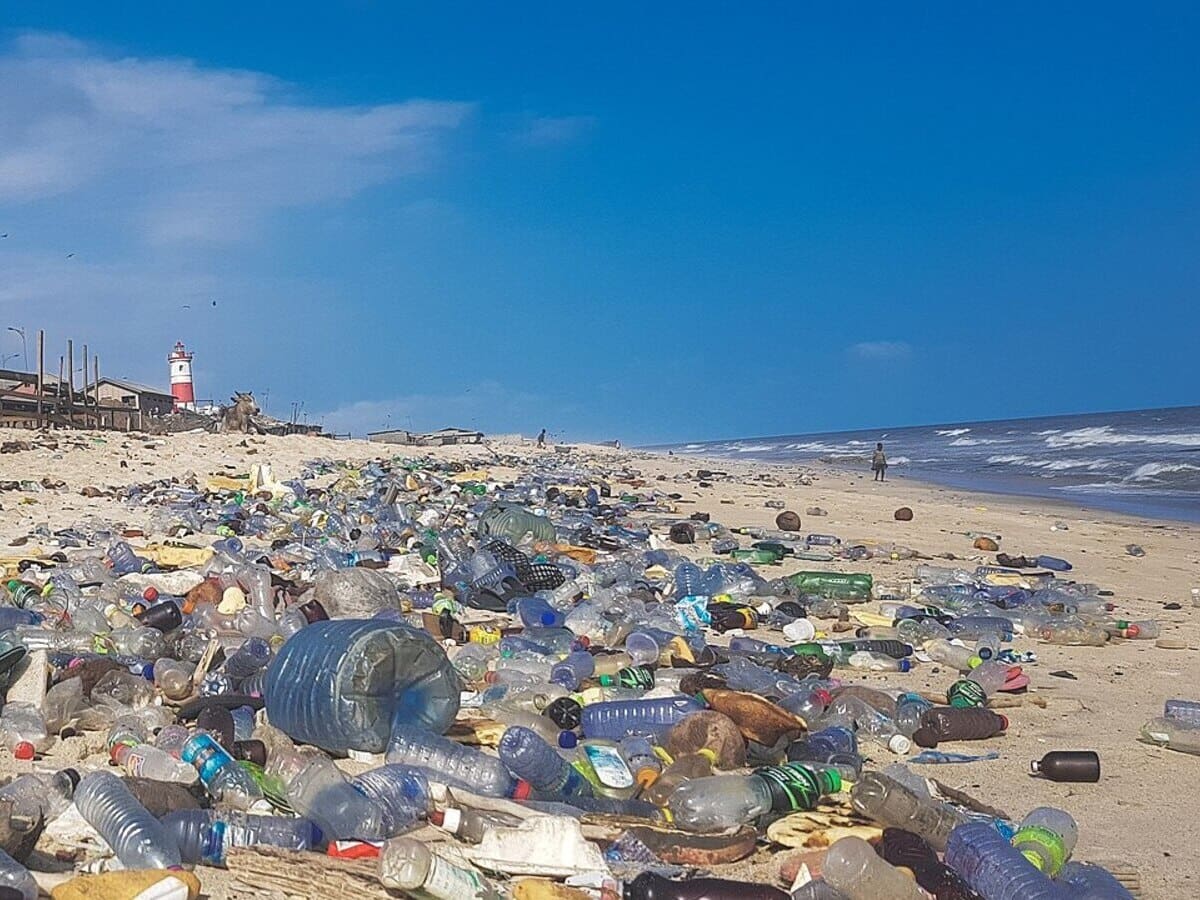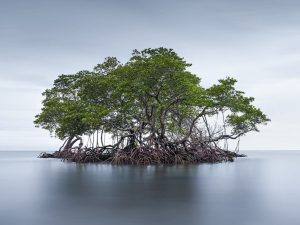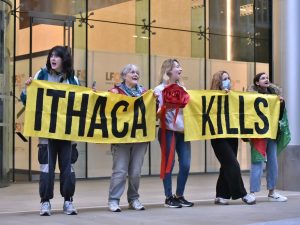Environmental activists have condemned the increase in oil industry lobbyists at the so-called UN INC plastic pollution talks in Ottawa.
The talks, aimed at advancing a global plastics treaty, were part of the critical fourth session of the Intergovernmental Negotiating Committee (INC-4). These are crucial, as later this year, the committee will hold final negotiations in South Korea. In total, negotiators from 175 countries attended to agree upon the world’s first UN treaty to address the ever-growing problem of plastic pollution.
According to the UN environment program, the INC is aiming:
to present a legally binding instrument, which would reflect diverse alternatives to address the full lifecycle of plastics, the design of reusable and recyclable products and materials, and the need for enhanced international collaboration to facilitate access to technology, capacity building and scientific and technical cooperation.
Human health put at risk
Plastic has been found everywhere, from human lungs to the Mariana Trench – the deepest known point of our oceans. Each day, the equivalent of 2,000 garbage trucks of plastic are dumped into lakes, rivers and oceans. This is bringing severe environmental, social, economic, and health consequences.
Unsurprisingly, this is putting over 900 marine and coastal species at risk through ingestion, entanglement, and other dangers. Exposure to plastic has also been found to harm various aspects of human health, from fertility to metabolic and neurological activity.
Environmentalists understandably want companies to cut the volume of plastic they produce. Whereas the companies producing plastic are only pushing for more recycling. Shockingly, annual production has more than doubled in 20 years – to 460m tonnes.
Fossil fuel lobbyists turn up in droves to sabotage INC
However, according to the Center for International Environmental Law (CIEL) a total of 196 lobbyists for the fossil fuel and chemical industry registered for the talks. Significantly, 37% more lobbyists registered, up from 143 at INC-3. This meant they outnumbered the combined 180 representatives of the EU delegations.
The number of lobbyists registered is three times greater than the 58 independent scientists from the Scientists’ Coalition for An Effective Plastic Treaty. On top of this, there were seven times more lobbyists than the 28 representatives of the Indigenous Peoples Caucus.
Moreover, the Pacific Small Island Developing States (PSIDS) collectively registered 73 representatives, meaning that fossil fuel and chemical lobbyists outnumbered them more than two to one. Of course, this signalled a huge imbalance of power.
It’s also worth noting that these estimates from CIEL are likely to be conservative. Their methodology relies on delegates disclosing their own connections to fossil fuel or chemical industry interests, and as you might expect, many lobbyists choose to obscure that link.
Delphine Levi Alvares, Global Petrochemical Campaign Coordinator at the CIEL noted:
The outcome of these talks is of critical importance to countries and communities around the world, and it is vital to expose and confront the role of corporations whose agendas are fundamentally in conflict with the global public interest. Access to the negotiations is just one piece of the puzzle.
The voices that matter
Clearly, the groundswell of communities calling for a solution to plastic pollution helped create a treaty in the first place. The experiences of the frontline communities, Indigenous Peoples and independent scientists are critical to the negotiations’ success.
However, their participation still faces enormous challenges. The people whose voices matter do not enjoy the same easy access to events as industry lobbyists. Many struggle to get the funding to attend or even secure visas. There is also no guarantee they will even get the chance to speak, once they arrive. One hurdle after another is in the way for civil society representatives.
Rachel Radvany of the Center for International Environmental Law commented:
The presence of actors in the room who are responsible for generating this crisis creates power imbalances that obstruct progress.
Companies cannot register for the talks. However, lobbyists can join professional associations or national delegations in order to get around this and participate.
Tori Cress, Communications Manager at Keepers of the Water, and member of the Indigenous Peoples’ Caucus observed:
Here at INC-4, industry lobbyists are enjoying seats on state delegations while the communities most impacted by the plastic crisis struggle to have their voices heard. While we are surrounded by industry-sponsored pro-plastics ads, Indigenous Peoples representatives experience lack of access, are given extremely limited time to speak, and lack recognition even at the First Nations table. Plastics have poisoned our water and what happens to the water happens to people. These plastics and their toxic impacts will impact us for generations to come. Plastics have been found in our moose, elk, deer, fish, ducks, geese, plants and medicines and our bodies: we are witnessing in real time the toxic circle of plastics. We have had enough.
Feature image via Muntaka Chasant/Wikimedia, cropped and resized to 1200 by 900, licensed under CC BY-SA 3.0
Additional reporting by Agence France-Presse




